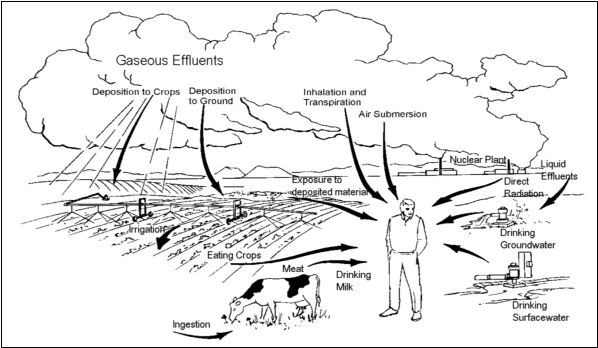Agrees
that DecaBDE flame retardant is one of the world’s
worst chemicals
(Rome, Italy) A UN expert
committee recommended the global elimination of
pentachlorophenol – a
pesticide used for wood treatment including utility
poles. In its recommendation for the Stockholm
Convention, the Committee cited pentachlorophenol’s
persistence, bioaccumulation, long-range transport,
and its toxic impacts.
The Committee found wide
availability of non-chemical alternatives that were
much safer than pentachlorophenol. Governments
around the world will decide on the recommendation
in
May 2015, but typically accept the recommendations
of its expert committees.
“This is the beginning of the
end of pentachlorophenol,” said Pam Miller, Alaska
Community Action on
Toxics. “Pentachlorophenol has global health
implications since it is found in the bodies of
people
throughout the world including Indigenous Peoples of
the Arctic. Now governments and the private sector
need to get to work to finally eliminate this toxic
chemical.”
The Stockholm Convention expert
committee also agreed that DecaBDE - a commonly-used
chemical
marketed as a flame retardant – warranted global
action due to its harmful properties.
“DecaBDE is close to all of us
since it is widely found consumer electronics,” said
Dr. Joe DiGangi,
science and technical advisor for IPEN. “The expert
committee signaled that DecaBDE is not
manageable. This should move consumers, companies,
and governments toward a global ban.”
The Committee evaluated
alternatives to PFOS, a surface treatment chemical
with a variety of uses. PFOS
is directly released to the environment when it is
used in drilling fluids by the oil, gas, and
fracking
industries. The Committee will deliver new
information on PFOS alternatives tohelp governments
end
certain uses.
“We are delighted that the
POPRC recommended full labeling of consumer products
contaminated with
PFOS,” said Dr. Mariann Lloyd-Smith, IPEN policy
advisor. “Now governments need to take the next
step and remove unwanted and unnecessary exemptions
to this harmful chemical.”
Finally, the expert group
decided that Dicofol – a pesticide that uses DDT in
its synthesis – contained key
harmful properties that justified a full
investigation.
“Dicofol is DDT’s first cousin
and there is a family resemblance,” said Dr. Meriel
Watts of Pesticide
Action Network. “It is widely used in agriculture
and orchid cultivation, found in breast milk, and
causes
endocrine disruption.This chemical is overdue for
elimination”
IPEN is an international NGO
comprised of 700 organizations in 116 countries that
work to minimize,
and whenever possible, eliminate, hazardous, toxic
substances internationally and within their own
countries. IPEN has been actively involved in the
POPRC process for ten years.


Post a Comment